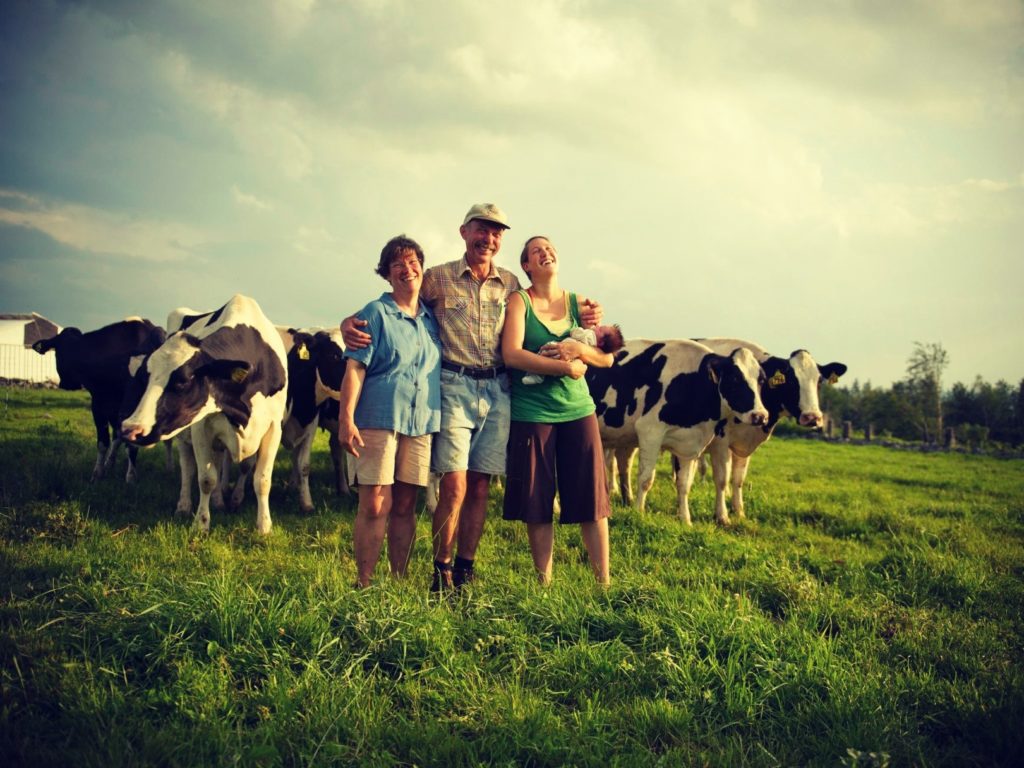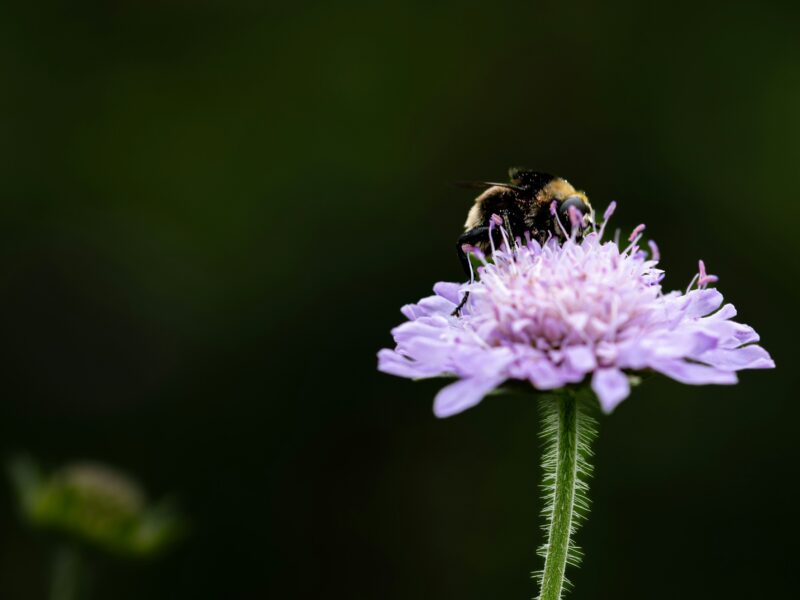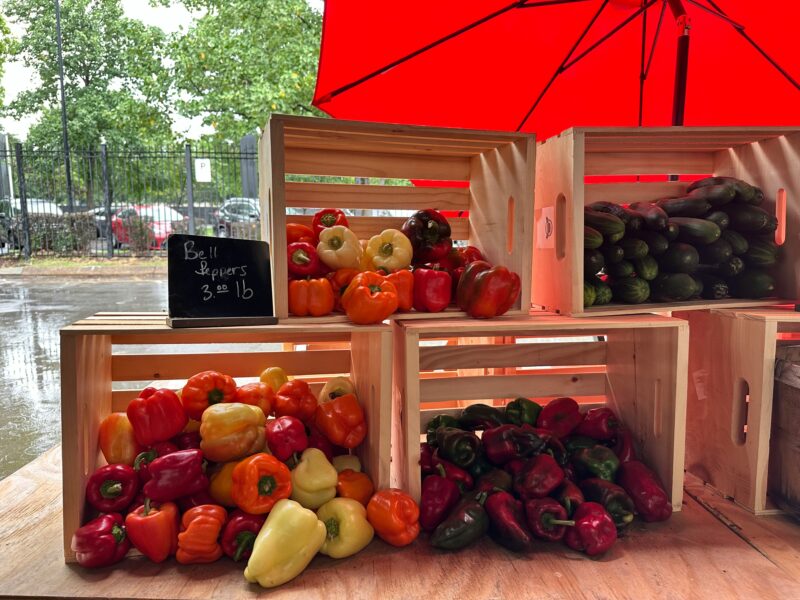The Rodale Institute poses a question in their latest article: “Could Young Organic Farmers Stop Climate Change?” The next generation of organic farmers doesn’t just want to grow food – it wants a better system. Also in the news, the World Health Organization, worried about an increasing epidemic of drug-resistant infections, has thrown its considerable weight behind the campaign to cut the use of antibiotics in pigs, chickens, and cattle raised for meat. In California, regulators are studying more than 1,300 written public comments, along with oral testimony from a June hearing, to decide whether it should implement or revise its proposed limit on glyphosate. California’s Proposition 65 requires warning labels for glyphosate beginning in July 2018. Another chemical making news this week is the weed killer, dicamba, as it has damaged more than 3.6 million acres of soybean crops planted in the United States. Monsanto announced it was halting the commercial launch of its latest pesticide, NemaStrike, after receiving reports of skin irritation, including rashes, which appear to be associated with the handling and application of the product. Researchers are looking into the health benefits of barefoot gardening. Studies suggest connecting with the earth, as we do when we’re walking outdoors with bare feet, improves sleep, normalizes levels of the stress hormone cortisol, reduces pain, reduces stress, increases heart rate variability, decreases inflammation and speeds wound healing. Nestlé announced Thursday it would only use eggs from cage-free hens for all its food products globally by 2025.
Could Young Organic Farmers Stop Climate Change
The next generation of organic farmers doesn’t just want to grow food—they want a better system. And they need our help.
WHO To Farmers: Stop Giving Your Animals So Many Antibiotics
The World Health Organization, worried about an increasing epidemic of drug-resistant infections, has thrown its considerable weight behind the campaign to cut the use of antibiotics in pigs, chickens, and cattle that are raised for their meat. The WHO is calling on governments to follow the example of Denmark and the Netherlands, which have banned the use of these drugs to make animals grow faster, or simply to protect healthy animals from getting sick.
In recent years, hydroponic, aquaponic, and aeroponic farms — which grow produce in nutrient-rich solution without soil, often indoors — have boomed. Some of these businesses have been granted the organic label for their products.
But that trend has dismayed some traditional farmers, who argue that allowing non-soil producers to label their food organic weakens the integrity of the program. True organic farming, they say, requires nurturing, natural soil.
California cracks down on herbicide Roundup as lawsuits abound
“California is the first state in the U.S. that said … we will take regulatory action to protect our residents from this chemical.” The state’s Office of Environmental Health Hazard Assessment, which is responsible for listing chemicals under Proposition 65, has proposed a threshold of 1.1 milligrams of glyphosate a day for an adult weighing 70 kilograms, or 154 pounds. That’s about 122 times more stringent than the federal Environmental Protection Agency’s safety guideline. California is studying more than 1,300 written public comments, along with oral testimony from a June hearing, to decide whether it should implement or revise its proposed limit. The Prop. 65 listing require warning labels beginning in July 2018.
Crops in 25 States Damaged by Unintended Drift of Weed Killer
A weed killer called dicamba has damaged more than 3.6 million acres of soybean crops or about 4 percent of all soybeans planted in the United States this year, the Environmental Protection Agency said Wednesday in calling for an urgent federal response.
Monsanto Pulls Launch of New Pesticide After Skin Rash Complaints
Monsanto is halting the commercial launch of its latest pesticide, NemaStrike, after receiving reports of skin irritation, including rashes that appear to be associated with the handling and application of the product, the company announced.
The Extraordinary Health Benefits Of Barefoot Gardening
Each foot contains up to 200,000 nerve endings. The soles of your feet are sensory organs and they’re designed to touch the ground. Walking barefoot outside may provide some additional health benefits that aren’t fully understood. A dozen peer-reviewed studies summarized in the Journal of Environmental and Public Health suggest connecting with the earth, as we do when we’re walking outdoors with bare feet, improves sleep, normalizes levels of the stress hormone cortisol, reduces pain, reduces stress, increases heart rate variability (a sign of heart health), decreases inflammation, and speeds wound healing. Researchers theorize the reason may be because we absorb free electrons, which act as antioxidants, from the ground; these substances may prevent or stop cell damage in the body.
Nestlé, the biggest food company in the world, announced Thursday it will only use eggs from cage-free hens for all its food products globally by 2025—a major step in the global cage-free movement, animal rights advocates said.









